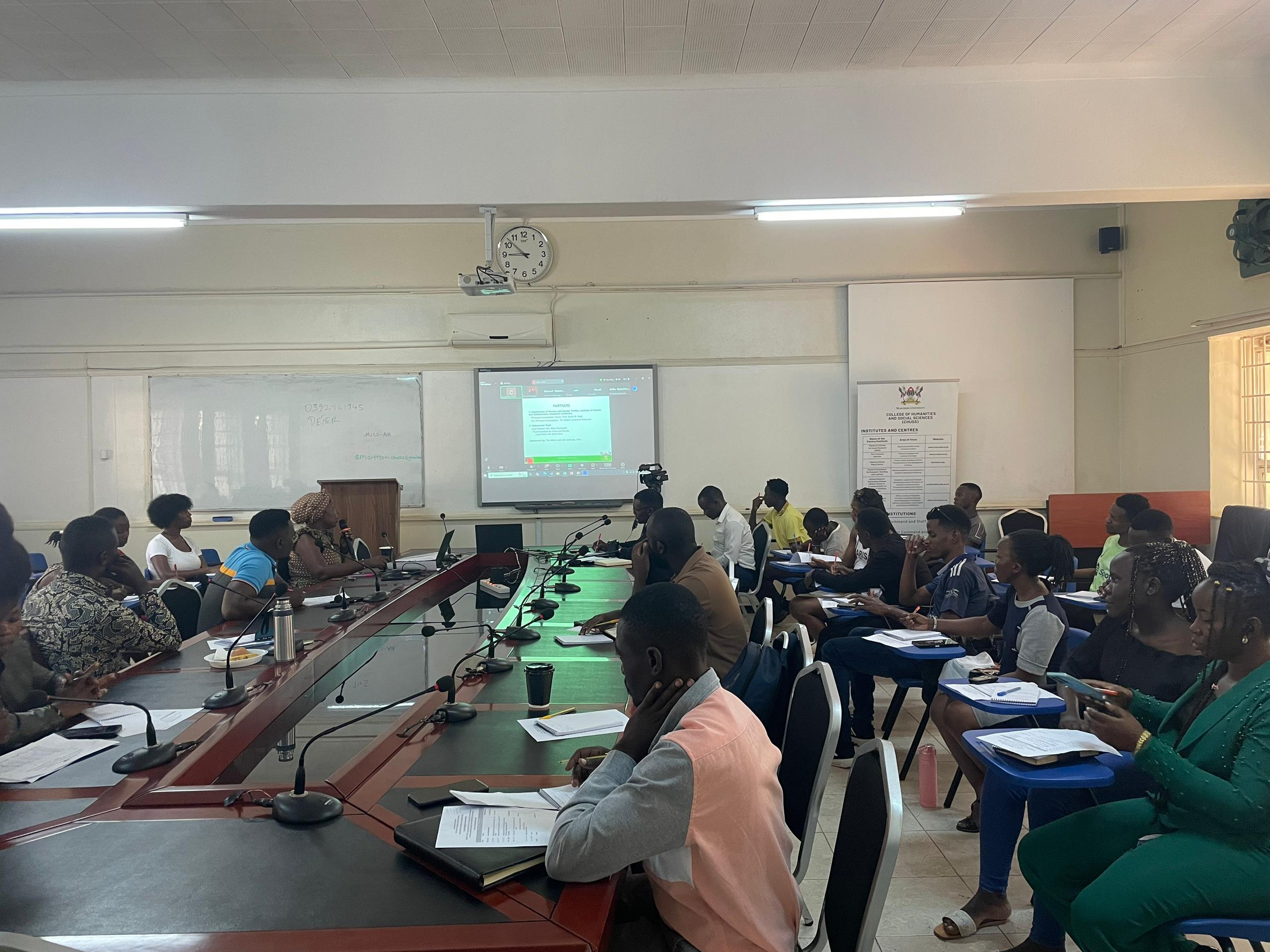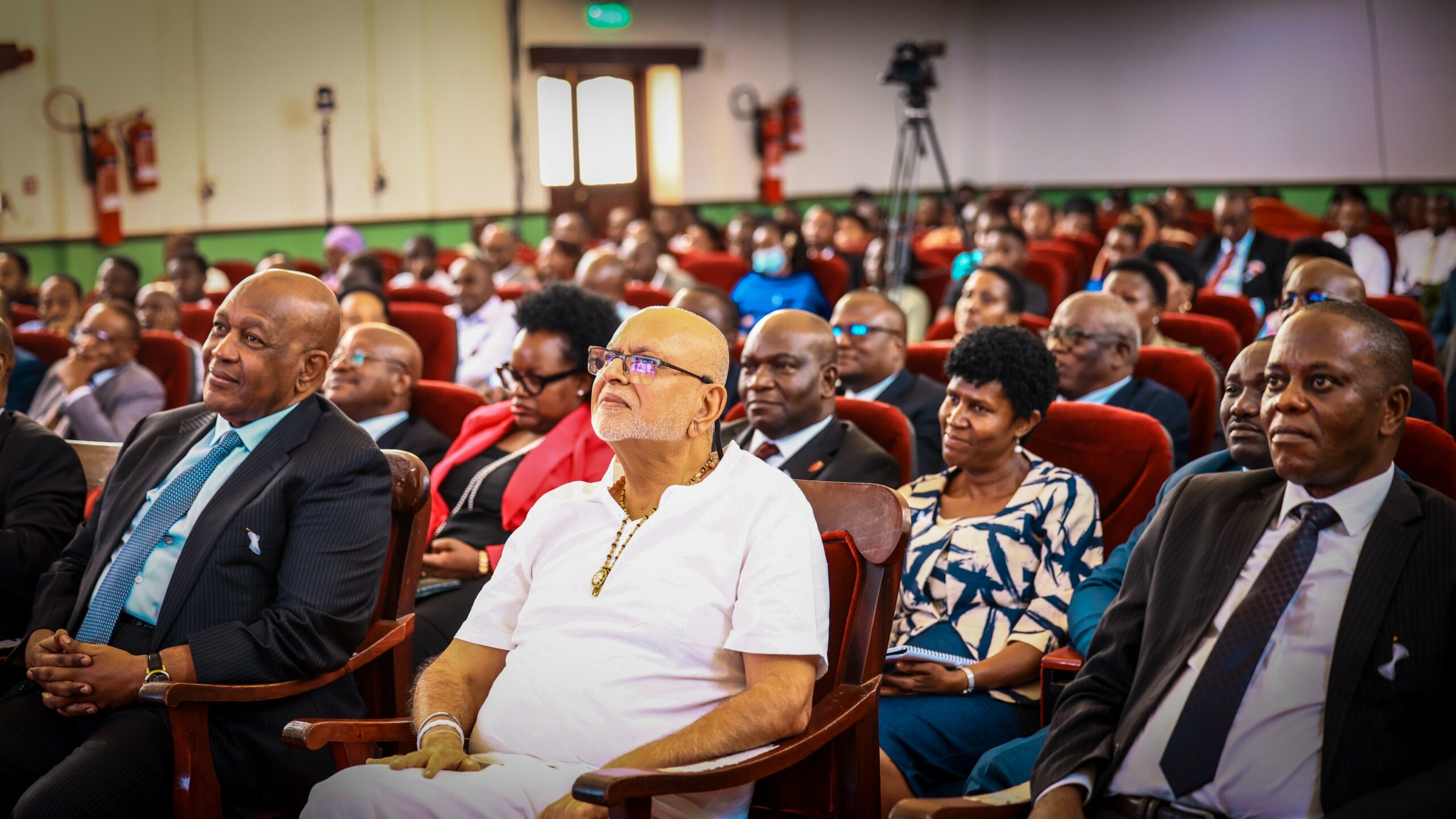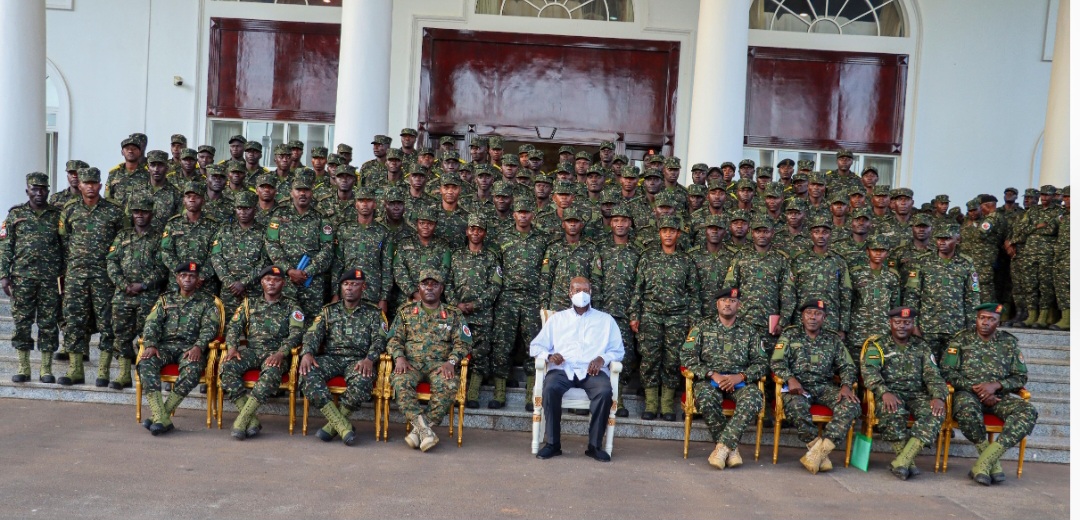Makerere University’s Institute of Gender and Development Studies under the project titled “Exploring the power of mindfulness to effect lasting positive change in in post-conflict settings – Gulu”, conducted research to learn of the experiences faced by the women in post conflict area Gulu which still has the stories and scars of the LRA war insurgency that happened more over two decades ago.
The LRA war insurgency left bitter ruins and realities that struck the area but beyond this, Still GBV thrived and created a problem for the rural women who were accustomed to more that what the effects of war were.
The findings of this study included ideas themed to what a real man is in current Gulu; to be masculine and able to protect the families against forms of danger, to care for the family but also to have a job and work.
This brings about the notion that still means the society is patriarchal in nature but with men at the apex of organization in society.
But with information and identity formation on what a true man is and discussion, the project brought about mindset change in the area and where men were taught on positive masculinities where inclusivity was talked about to invest more in dialogue than arms of fighting. Battering a woman or beating her isn’t actually a sign of love but a form of Gender based violence that can be harmful.
“We educated everyone in the community to stop thinking about me as just the perpetuators but also the solution to ending GBV in this post conflict era,” said Dr. Evelyn Lutwama Rukundo, Co Principal Investigator of the Project.
The project which took a span of three years in the northern region of Uganda registered tremendous Outcomes by the end of its time of implementation as noted by Co Principal Investigator of the Project.
Among the achievements noted were: New interventions by government officials to increase access to services like Water in the area, Personal growth and investments for example Brick laying reduced cases of GBV and also more NGO interventions.
These interventions within the project cycle have been reported to have brought about reduced drunkenness, improved teamwork, improved resistance and adaptability to change, creativity in the wake of post conflict situations for survival and improved stress management as noted by Dr. Rukundo.
In her remarks for a future of the post conflict society that is trying to adapt and mitigate to GBV ,she noted that there is need for Empowerment of women and children to combat emotional disturbance and labelling of victims of war to foster comfort and reconciliation. She also hinted on positive masculinities as an avenue to be one of the key instruments for societal transformation with mindset change being a key driver for Gender equality in the Northern region.
Do you have a story in your community or an opinion to share with us: Email us at Submit an Article









